


Walter Jeffries wrote:If I'm understanding correctly what you're proposing then it is the opposite of what we do.


Tyler Ludens wrote:Here's an article I was just reading about using swales as garden paths and how well they work: http://milkwood.net/2011/11/22/a-way-through-the-woods-designing-the-paths-in-our-forest-garden/

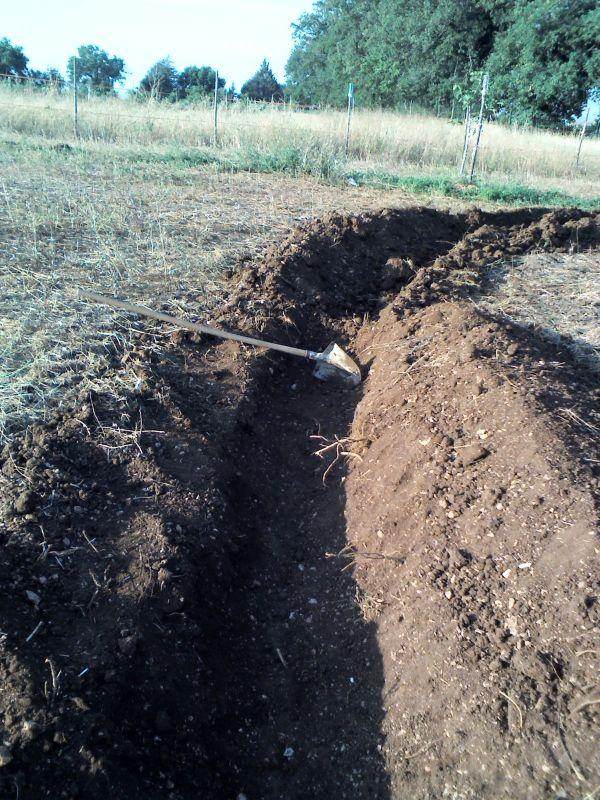




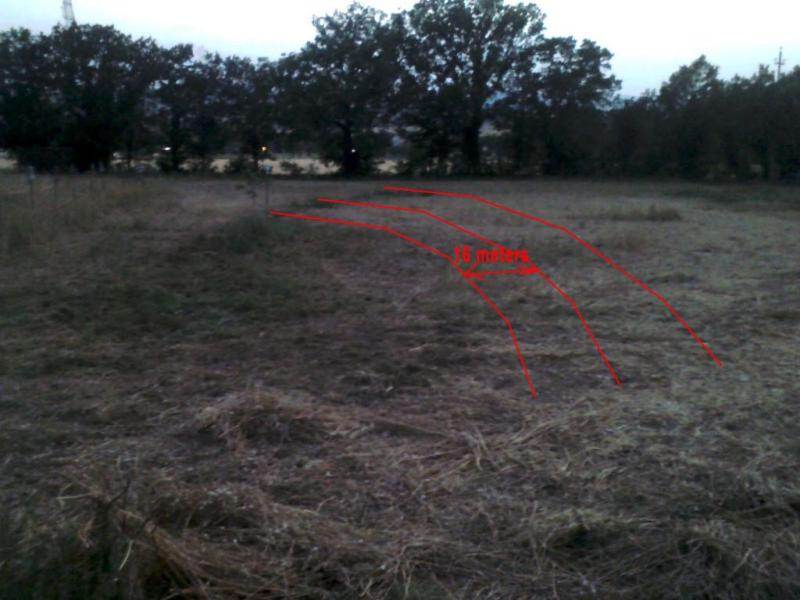


Levente Andras wrote:
David Miller wrote:Is there any local initiative to plant trees throughout your valley? If not, no rains will ever return. Just saying, forests create rain. Swales and trees, all on the community level and you might just save your land from eternal drought. With small acreage with no rain, you have no control. Is your community full of farmers?
Hmm... Question is: has the valley been historically dryer than the surrounding area? For instance, if a valley is on the leeward slope of the hill / mountain, it can be drier because of a habitual "rain shadow". So I'm not sure that planting of trees will make the rains "return". As for "forests create rain" ... what do we know about this, in the context of Mediterranean climate? I'd be interested to learn about this, if you can point me to the relevant data. For now, I'm not sure... But I accept that the trees may create a more favourable microclimate, and perhaps aid water management in other ways.
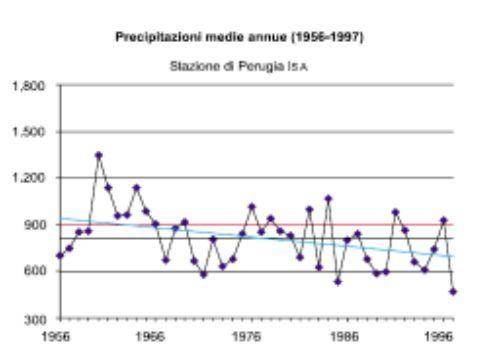

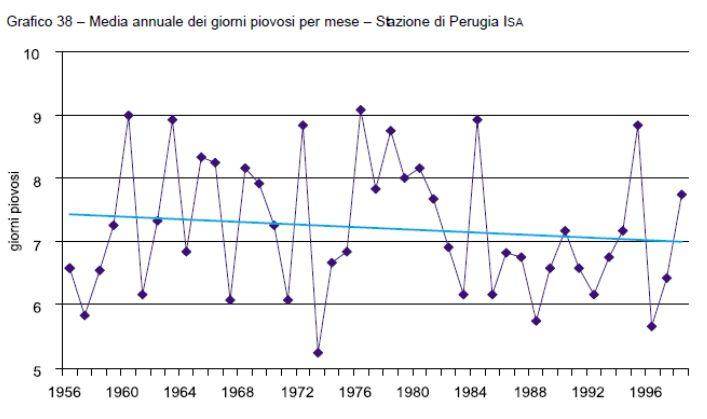
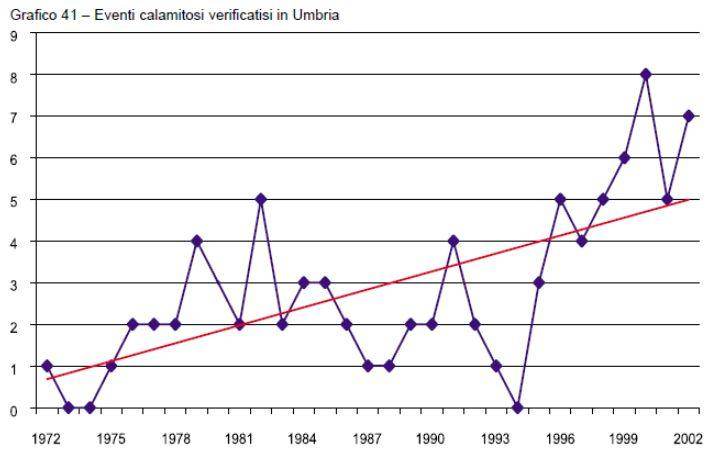

David Miller wrote:Is there any local initiative to plant trees throughout your valley? If not, no rains will ever return. Just saying, forests create rain. Swales and trees, all on the community level and you might just save your land from eternal drought. With small acreage with no rain, you have no control. Is your community full of farmers?

Levente Andras wrote:Hi Federico,
Here are a few thoughts:
- I believe that earlier this year (winter and spring) there were heavy rains in many areas of Italy (it rained quite a lot in Le Marche, which is close to you). So you should really try and set up some type of water collection system such as a pond or swales - and do it urgently
- I saw that you attempted to grow wheat ... perhaps you should consider some other crop - something that is not sensitive to water shortage. Same for the mix of fruit trees. Have you thought of selecting species and cultivars that are less affected by dry weather ? (Persimmons come to mind...)
- I saw the aerial photo of your land... very open and sunny... in central Italy, that means total exposure to sun & heat, and fast evaporation. Perhaps you should plant more trees - of the kind that give a bit more shade, making sure that they are drought & heat tolerant. If I was in your place, I would try to transfrom some of the 7 hectares into woodland...


- I noted on your website that you sow perennial rygrass (Lolium perenne) among other green manures, but Lolium perenne is very sensitive to hot weather (=likes cool temperatures), and needs water. I don't understand why someone would even think of commercially selling this type of grass seeds in a relatively hot (and dry) country like Italy... You may need to re-think the mix of the plants you sow
- You mention mulching. When did you put down the mulch? In my experience it's best to mulch after / during the rainy periods, after the water has soaked in. It's less good to mulch when the soil has already started to dry out - and almost useless after the soil is already dry.
- How thick is the mulch? Again in may experience, mulch that is thinner than 10 cm (when fairly compacted) will not keep your soil from drying out at the high temperatures that you get in Italy in this period (over 30 Celsius). If I was in your place, I would put down 20 cm or more
- Do you mulch around the trees? You should...

Leila Rich wrote:Federico, I'd love to read about people's experience with dew ponds

That permies thread looks very encouraging!
Buried wood could be worth exploring: some people are modifying hugelkutur for arid climates. I know sourcing organic matter can be difficult, do trees get cut/chipped near you?
